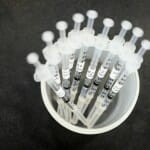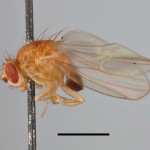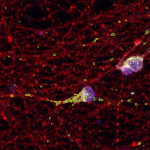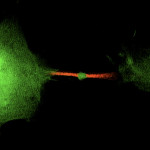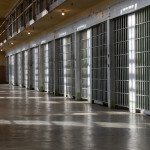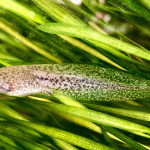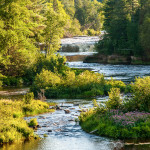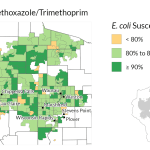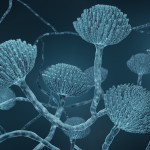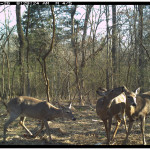Tag Research
Tomorrow’s Yellowstone: Lucy
Driven by her passion for the Greater Yellowstone Ecosystem and endless curiosity, recent UW–Madison grad and lab manager Lucy McGuire helps everyone stay organized and conduct their projects smoothly in the field. Whether they need an extra hand, a morale boost or a debrief on the discoveries of the day, Lucy is there. Read More
Tomorrow’s Yellowstone: Timon
It can be difficult to connect the urgency and magnitude of climate change with every day life, but by starting with explaining the changes that are happening in these beloved national parks, PhD student Timon Keller hopes to inspire people to reflect on what a changing climate would mean for their own communities. Read More
From ********* to EZacces$! Your browser extension could grab your password and sensitive info
The researchers found that a huge number of websites — about 15% of more than 7,000 they looked at — store sensitive information as plain text in their HTML source code. Read More
Advertising rental housing in Spanish puts off many potential renters
Researchers found that rental ads published in Spanish deterred many would-be renters of diverse backgrounds from applying for a lease. Read More
Remnant of cell division could be responsible for spreading cancer
The midbody’s involvement in cell signaling and stimulating cell proliferation has been investigated before, but UW researchers wanted to look inside the midbody remnants to learn more. Read More
New recipes for origin of life may point way to distant, inhabited planets
A team led by scientists at UW–Madison has exploited those limitations of chemical combinations to write a cookbook with hundreds of recipes that have the potential to give rise to life. Read More
Machine learning analysis of research citations highlights importance of federal funding for basic scientific research
Researchers found patterns to help identify the citations that were more likely to be important to each piece of published science. Read More
Incarceration rates, falling in every US state, drive significant shifts in risk of prison for marginalized groups
Young Americans in general have grown less likely to break the law in recent decades, according to the researchers, driving much of the decrease in imprisonment. Some policy changes have contributed as well. Read More
UW–Madison joins state consortium to bolster Wisconsin’s lead in biohealth
The consortium will build on Wisconsin’s role as a center for growth in personalized medicine and biohealth technology to enhance the health and economic well-being of Wisconsinites and the global community. Read More
Mapping methane emissions from rivers around globe reveals surprising sources
The findings will improve methane estimates and models of climate change, and point to land-management changes and restoration opportunities that can reduce the amount of methane escaping into the atmosphere. Read More
Cancer diagnosis and treatment could get a boost from machine learning
Liquid biopsies rely on simple blood draws instead of taking a piece of cancerous tissue from a tumor with a needle. Read More
New maps show antimicrobial resistance varies within Wisconsin neighborhoods
Mapping variations in antibiotic resistance could help patients receive better informed treatment decisions from their health care providers. Read More
Symposium on Laboratory Lifecycle Management report published
The Symposium on Laboratory Lifecycle Management, held in the winter of 2022, brought together researchers, facilities experts, real estate professionals and design and construction experts… Read More
Fueled by new chemistry, algorithm mines fungi for useful molecules
Researchers have trained a new algorithm based on promising new targets and reinvigorated the search for clusters of genes likely to result in interesting biological compounds. Read More



